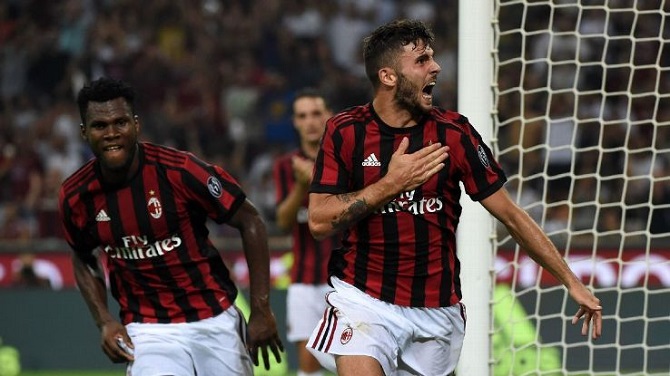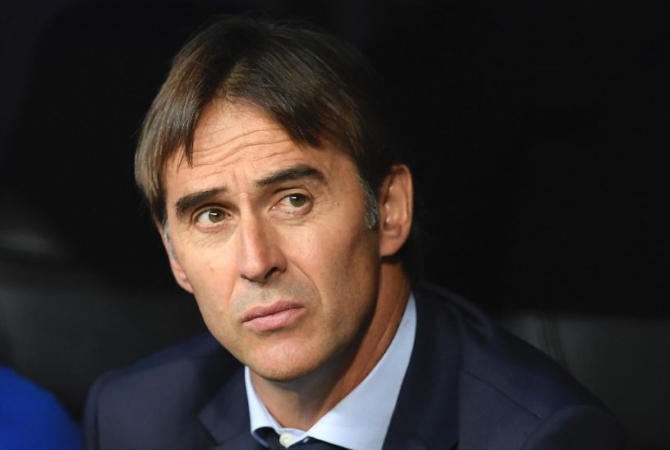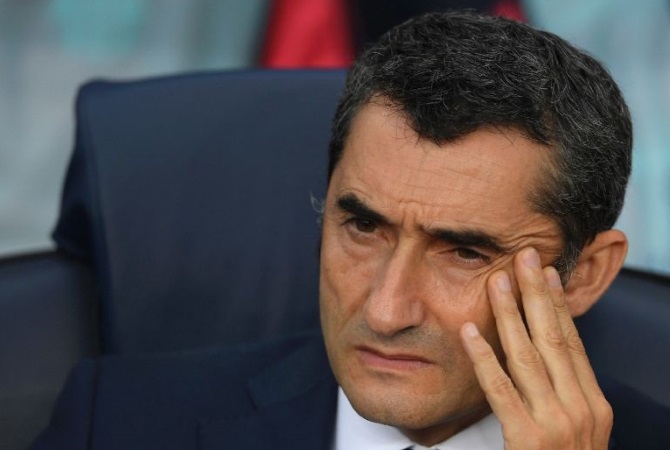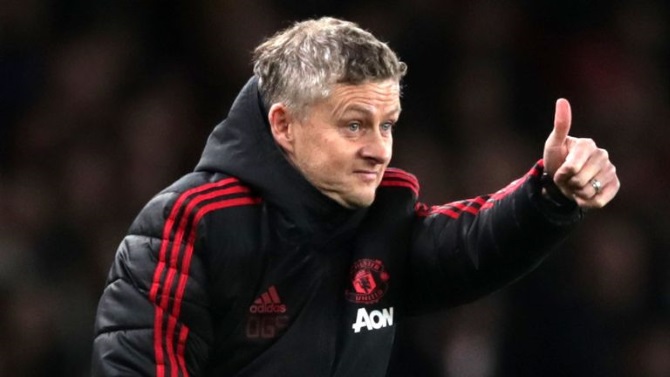Infantino Backs Down On Biennial World Cup Plans
FIFA president Gianni Infantino has clarified that football's governing body is not considering holding the World Cup every two years.
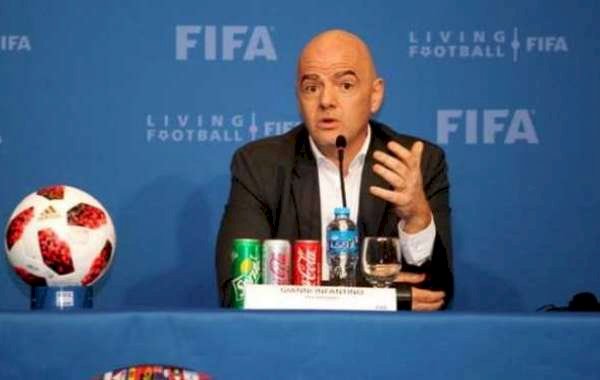
FIFA’s flagship tournament is currently held every four years, with the next edition due to be held later this year in Qatar.
There have been numerous calls for the tournament to be changed to a biennial event, including one from FIFA's chief of global football development, Arsene Wenger.
UEFA and CONMEBOL were two of FIFA's members who rejected the idea while CAF was in support.
Infantino himself was a strong advocate for a biennial event but while he has admitted that proposals were made, a definite decision has never been reached.
"Let me clarify one thing here – and I want to speak about some of the discussions and speculations on a biennial World Cup," Infantino said on Thursday during the FIFA Congress in Qatar. "Fifa has not proposed a biennial World Cup.
"Let's get the process clear. The last FIFA Congress asked the FIFA administration for a vote and 88 per cent voted in favour to study the feasibility of that and some other projects for women's and youth football.
"The FIFA administration, under the leadership of Arsene Wenger, did that. We studied the feasibility. But FIFA did not propose anything.
"FIFA came to the conclusion that it was feasible, but it would have some repercussions and impacts. The next phase was consultation and discussions and trying to find agreements and compromises.
"In addition to the confederations and the member associations, the clubs and the players present here as well, we tried to have a discussion and a debate to find what was most suitable for everyone.
"Everyone has to benefit, the big ones have to become bigger with the whole movement, and the smaller ones have to benefit to give opportunities to everyone and I'm thanking everyone for their input, their feedback, positive or negative.
"What is important is we have put national team football back on the agenda all over the world, we have to talk with the clubs, of course, which is the biggest part of where the players are playing.
"There are ways to find compromises and what is important is respect of the footballing institutions, of the football pyramid, with FIFA at the top, the confederations, the league, the clubs and the players all being involved, that is how football is organised and it is paramount we protect this structure from all organisational challenges."
